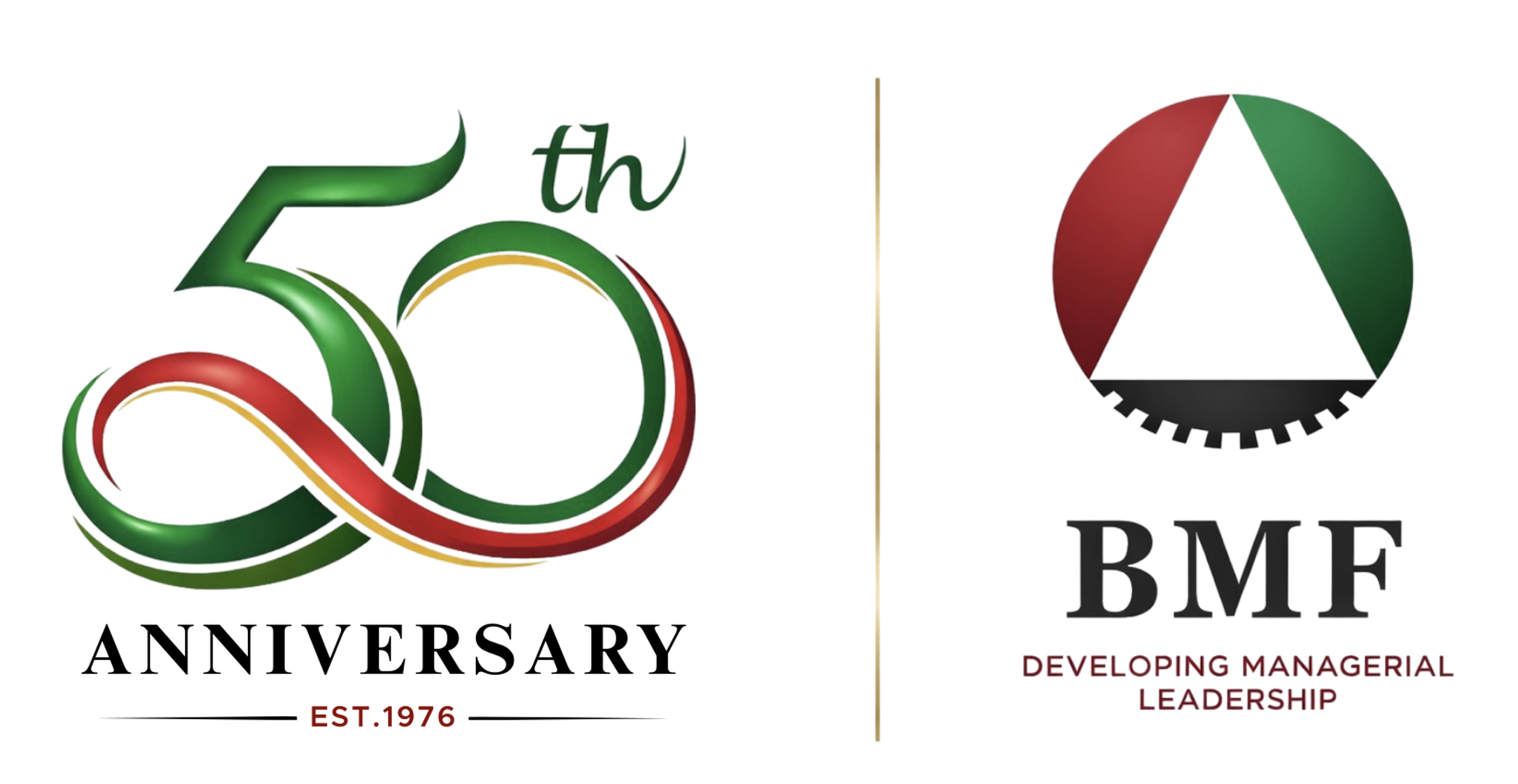Women at the centre of B-BBEE and Transformation

Close to 30 years into the democratic dispensation, women in South Africa are still largely underrepresented in economic activity and they form a crucial part of previously disadvantaged persons at whom specific empowerment strategies should be targeted. The Gender-responsive public procurement (“GRPP”) framework is embedded in the current B-BBEE and is a gender mainstreaming tool used to promote gender equality and to support social and economic progress through gender-responsive measures at all stages and tiers of procurement and in the supply chain.
This piece analyses the benefits and challenges that have arisen in the implementation of the GRPP as provided for in the B-BBEE framework and how a revised policy framework can ensure that women are placed at the centre of transformation and not in the periphery.
According to the Employment Equity 2022/2023 annual report, women constitute 45.5% of the economically active population in South Africa. However, while men of all races occupy 73.5% of top management jobs in South Africa, women collectively account for 26.5%. South Africa continues to grapple with persistently high levels of unemployment, with the burden of joblessness being carried more by women. The unemployment rate among Black African women was 39.8% during the 2022/2023 period compared to 8.2% among White women, 22.4% among Indian women and 29.9% among Coloured women.
Additionally, according to the World Economic Forum, South Africa has the sixth largest pay gap between men and women in Africa, and it is estimated that at the current trajectory, this gap will only close within a period of about 217 years. Thus, based on these statistics, it is clear that there is a need for gender equality policy promotion in the country, from the formal through to the informal sector. Gender equality policies of an institution reflects the organisation’s commitment to diversity which showcases good corporate citizenship.
A notable advantage of the framework is that it incentivises gender equality amidst competitor companies, which holds institutional reputational benefits for said corporations. On a larger scale, the government’s commitment toward improving women’s participation in procurement activities has reflected a willingness to achieve gender equality in procurement markets, and in turn, the economy at large, thus perpetuating a culture of women’s empowerment in both the public and private sector.
The social and economic empowerment benefit as a result of preferential procurement is a fundamental factor in driving long-term economic growth and economic development. The positive impact of the preferential procurement policy has been equitable growth and improved employment opportunities for women, further decreasing the gender equality gap resulting in higher women empowerment and lower gender-based violence rates and femicide rates, among other social challenges.
The GRPP framework has enhanced the competitiveness of women-owned businesses as it encourages small enterprises and minority-owned businesses to compete for public contracts therefore enhancing trading or business activity and in doing so, enhancing their competitiveness. It has also allowed businesses to mitigate single-source supply chains by expanding, localising, and diversifying their supplier base.
The current B-BBEE implementation has not been without pitfalls. Recent studies have demonstrated that corruption has impeded the effective implementation of B-BBEE policies. The current model has loopholes for tender corruption where firms have bypassed the stringent procurement requirements, e.g. awards were made to incompetent or non-compliant firms due to corrupt activities. However, the increased risks of corrupt practices due to B-BBEE, should not altogether bar the implementation of policy promotion but instead should motivate for a revised framework which closes the gaps on the loopholes that exist. Public procurement is a highly regulated skill, thus bid preparation demands a high level of skill and knowledge and thus, is a resource-heavy process. Large, sophisticated bidders are better positioned for the high costs involved in bid preparation, which is again a notable disadvantage for small businesses.
Academics assert that the B-BBEE framework is designed for the formal economy and major enterprises in this sector, creating a bias in favour of large businesses at the cost of emerging SMMEs and the informal sector. This has consequently undermined the B-BBEE objective of empowering Black women in rural areas, or even in smaller firms. As a result of this bias design SMMEs have identified a lack of entrepreneurial skills, social capital and financial capital as barriers. In the context of women empowerment, SMME and rural community empowerment are essential, as some of the most economically vulnerable Black women are to be found in these sectors.
Thus it is suggested that flexible and less stringent criteria for qualifying women in SMMEs and informal sector businesses are to be used. One could look to a review of the current framework for preferential procurement to allow for flexibility in different sectors. SMMEs and informal sector firms could be subject to fewer and less stringent bid qualification requirements, or requirements tailored specifically to the SMME or informal sector context. Although different from formal sector requirements, these requirements would not hamper competition in the informal sector supplier market or compromise the quality of the goods and services.
Another apparent loophole is that the B-BBEE-based procurement has brought about enrichment at the cost of empowerment, whereby a few socially and politically connected Black people benefit from public sector procurement at the cost of the legislation’s broad-based targeted beneficiaries which is an unintended consequence of the design of B-BBEE. Although a comprehensive framework, the inherent incentives to preferential procurement have not cut the barriers that Black women entrepreneurs face.
Given that the participation of women in the economy remains sluggish, a revised policy framework and the heightening of socio-economic programs across different sectors will ensure robust acceleration. This crisis is an opportunity for businesses, government and policymakers to collectively redefine a clear economic recovery path, enhancing women’s overall participation in employment, access to more opportunities across economic sectors, and addressing gender pay gaps.
ABOUT THE AUTHOR
Thulisile Buthelezi is a BMF member and sits on the Policy & Research Committee (PRC). She is also the elected Provincial Chairperson for BMF Young Professionals in KwaZulu-Natal. She holds a Bachelor of Laws (LLB) degree from the University of KwaZulu-Natal and is an admitted Attorney & Notary Public of the High Court of South Africa, currently awaiting her admission as a Conveyancer.
Thulisile holds experience as a published legal author and Associate at a leading law firm providing legal services on a wide range of Property & Conveyancing transactions.







Responses